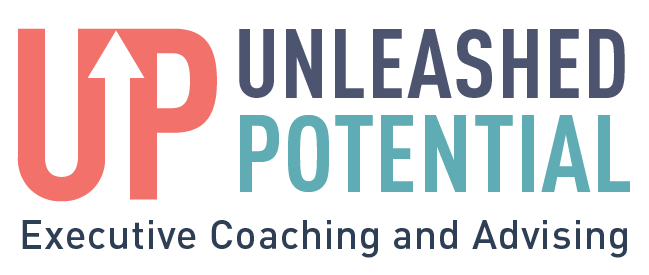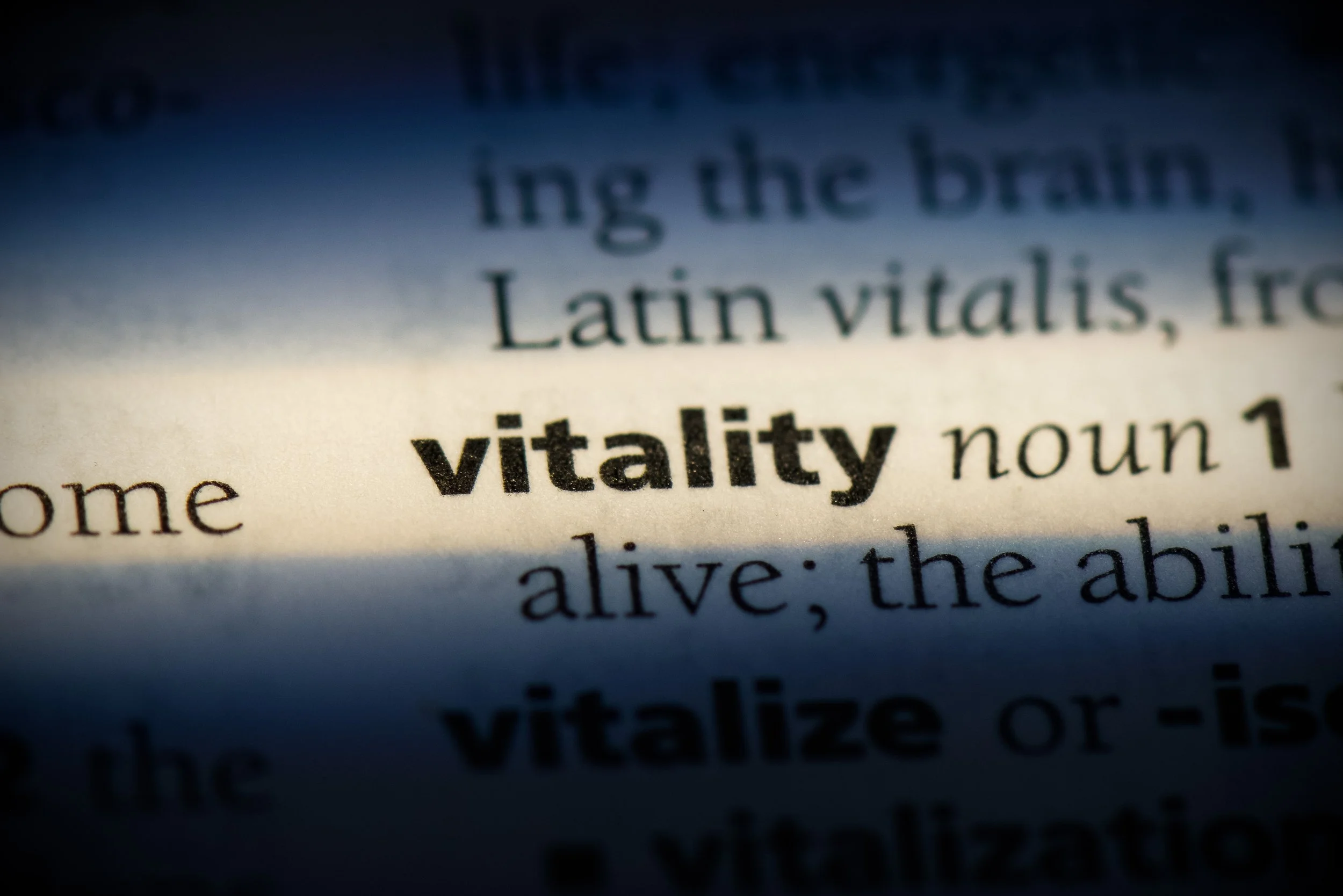“Hi, my name is Rebecca, and I have burnout.”
A very telling Facebook post from the time frame when I was suffering from burnout.
I remember the night I realized I was suffering from burnout…more accurately I would say it was the early morning well before dawn on a cold December day. In fact, I remember looking at the clock; it was 4:20 am. I had been up most of the night unable to sleep…an unfortunate pattern that had been going on for what seemed like weeks, if not months. Lists ran constantly through my head. The night before I had gone to sleep as usual…actually, passed out would be a more appropriate way to describe my nightly routine…only to be awakened a couple of hours later by the unending litany of things that I had not finished. I tossed and turned, futilely trying to go back to sleep until I finally got up and went to my home office in the room next door.
As I sat at my desk, I googled, “Sleep disturbance, apathy, irritable, mood changes, work.” I was shocked when a number of articles on burnout showed up on my computer screen. In those days, we didn’t talk about burnout much. I have always been someone passionate about my work. Frankly, I love what I do, the people I work with, and the clients I have the privilege to serve so the idea that I might be suffering from burnout had never crossed my mind. That said, I held myself to a high standard as I sought to be everything for everyone while leading a team, traveling to multiple cities every week for work, raising two young children, dealing with learning differences with my younger son, being a wife and friend to others, serving at my church, facing external world events, etc. The list goes on and on. But with each article I read, it became clear to me that I was undeniably suffering from burnout. You may wonder what I felt when I had this great epiphany, the reality is that I felt complete and utter R-E-L-I-E-F. Relief that I could put a name to what had been going on with me because if I could name it, then I could work on it. I remembered my dad quoting Alcoholics Anonymous when I was a kid:
“The first step to recovery is admitting you have a problem.”
For me, the journey to recovery began with admitting I was burnt out and engaging an executive coach, Lori Siegworth, who changed my life. At that point I was a fairly new coach and had prior experience with coaching, but Lori has my “Take 2,” and she spoke my language. As a master coach, Lori was (and remains) artful at balancing holding my feet to the fire when I needed to be challenged, showing deep empathy for the obstacles I was facing, and being dedicated to helping me reach my goals. Because of the work she and I did all those years ago, I feel prepared to be a coach today and to share what I have learned on my own journey to recover from burnout.
Cue my own life-changing experience with coaching
Since then, I have read Brené Brown’s Atlas of the Heart. When I read the first chapter, I swear it was talking about me all those years before. I was particularly moved when she defined the two words that described burnt-out Rebecca best, “Stressed,” and “Overwhelmed:”
Stressed: We feel stressed when we evaluate environmental demand as beyond our ability to cope successfully. This includes elements of unpredictability, uncontrollability, and feeling overloaded (Atlas of the Heart, p. 5).
Overwhelmed: Overwhelmed means an extreme level of stress, and emotional and/or cognitive intensity to the point of feeling unable to function (Atlas of the Heart, p.6).
The Mayo Clinic defines burnout as, “burn·out \ ˈbərn-ˌau̇t: A special type of work-related stress — a state of physical or emotional exhaustion that also involves a sense of reduced accomplishment and loss of personal identity.” It can be almost indistinguishable from depression. While their definition limits burnout to work, its impact spills over into other aspects of life. I would highly encourage anyone who believes they are suffering from burnout to reach out to a therapist/counsellor/psychologist/coach. It is important to aware of the mental health benefits to which you have access. Another important resource is the National Suicide Prevention Lifeline: 800-273-8255.
I recently interviewed Expert Executive Coach, Paul Wyman, about burnout. He has thought a lot about this topic and at the end of our interview, Paul flipped the tables and asked me a profound question:
“What is the opposite of burnout?”-Paul Wyman
He answered the question, “Vitality/Resilience are not talked about enough. The conversation of what stops burnout is very different than what generates vitality and resilience.” He went on to share that eliminating burnout is not enough. That just returns you to neutral. You have to ask yourself, “What if I committed to experiencing life as vital as it could be?” Whoa?!? I had been so busy asking what stopped burnout that I had neglected to ask what the opposite was. Yet I have lived in that state before and have experienced the sheer joy of returning to vitality after burnout. For me, because of the intense work I have done on myself, I have the privilege to live in joy. Joy is defined by Brené as, “An intense feeling of deep spiritual connection, pleasure and appreciation.”
What stands in the way of your living a life full of vitality? So many of us beat ourselves up thinking, “If I just do [INSERT ACTION HERE], it will get better.” But sometimes we need a partner on this journey, just as I needed Lori. If you need a partner on this journey please reach out. I have been there and know the challenges of burnout, but I can also work with you to find your way to vitality. I know first-hand that you can escape burnout and am here to work with you to make that happen.




